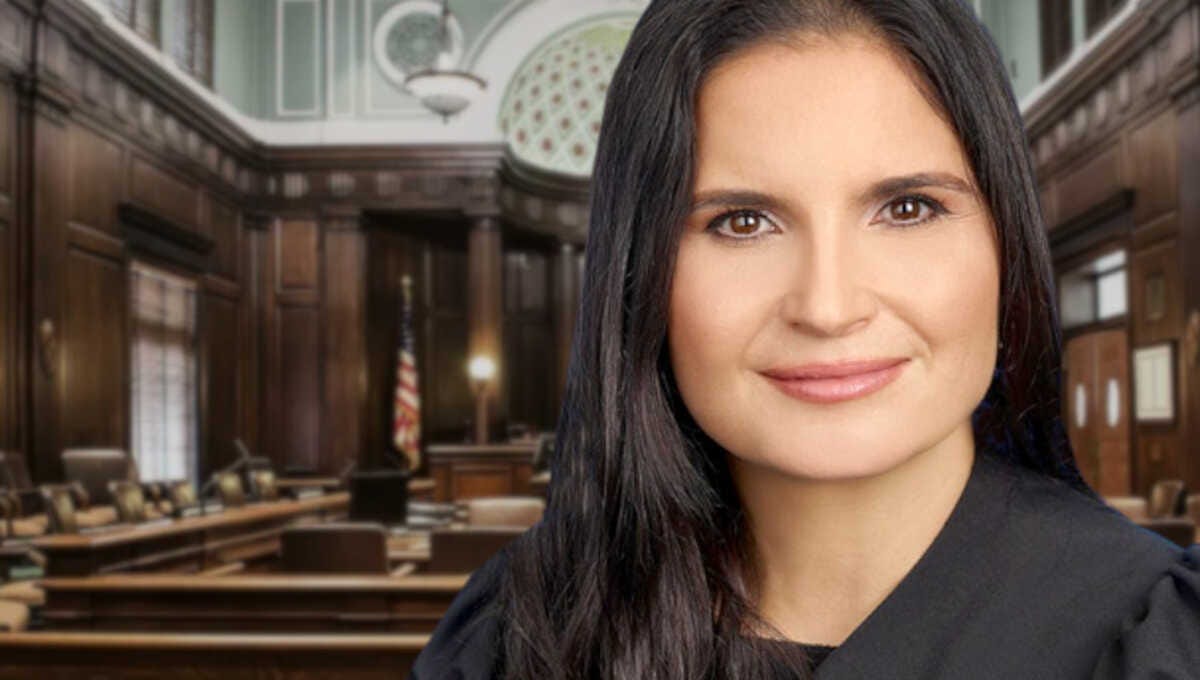The cult of constitutional law has been a complete and utter failure
Judges have always been legislators in black dresses, and the liberal legal establishment's failure to understand this has been devastating
This essay is the fifth in a series called “How This Happened,” examining larger trends in American political history and how they manifest in today’s politics. Please subscribe to receive future installments.
I'll never forget a conversation I had with a senior associate att…




